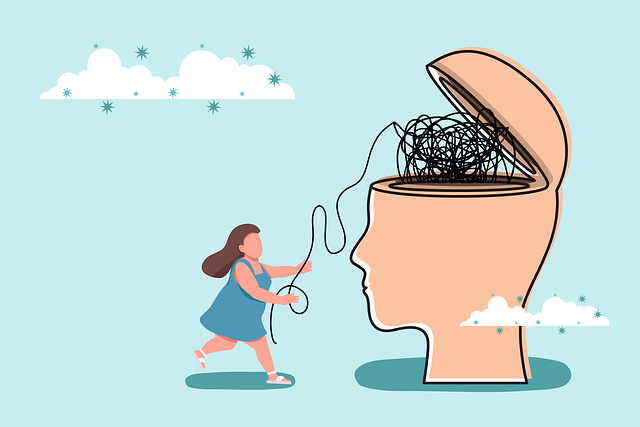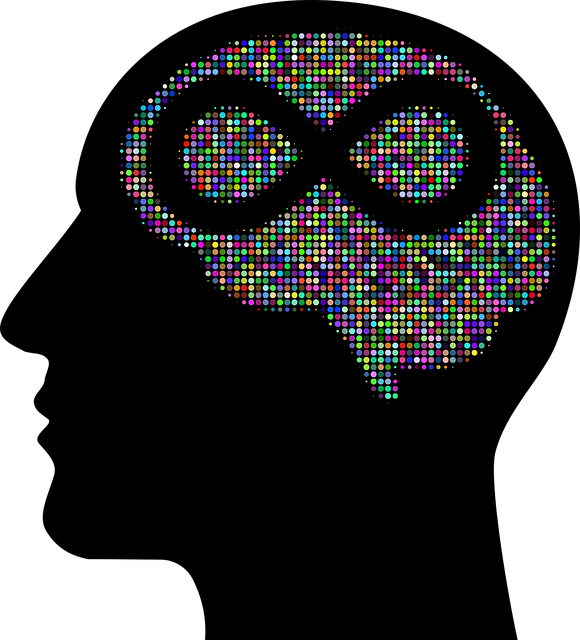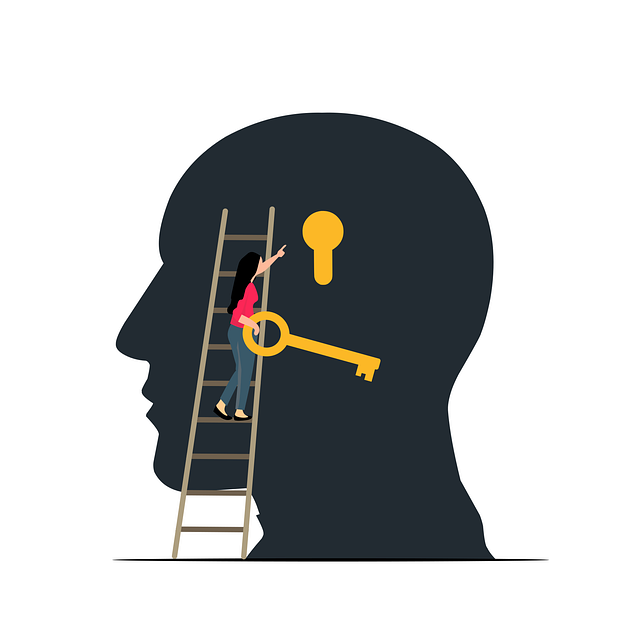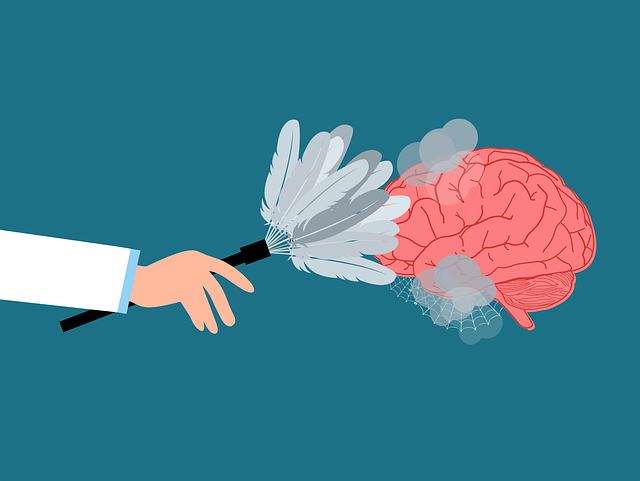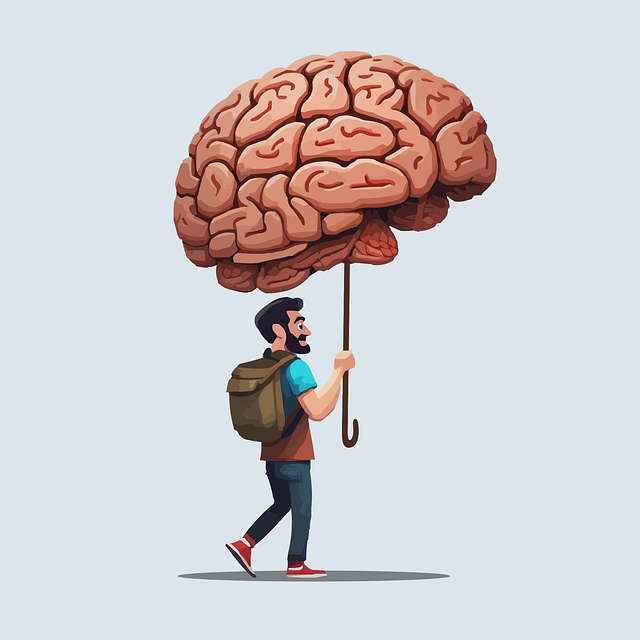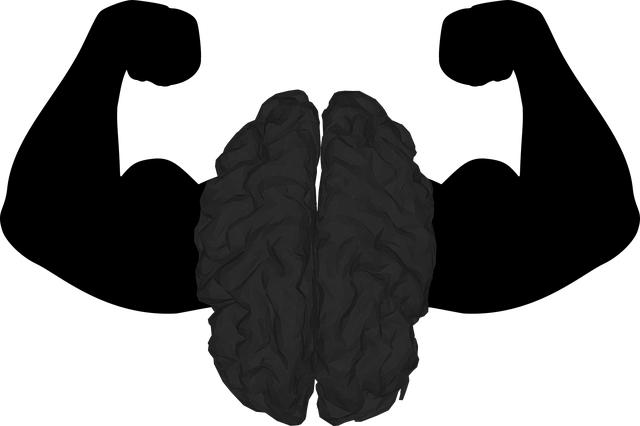Mental wellness self-assessments are vital tools for improving Attention Deficit Disorder/Hyperactivity Disorder (ADD/ADHD) therapy by providing individuals with insights into their emotional and cognitive states. However, current tools have limitations in capturing nuanced experiences, focusing mainly on core symptoms without addressing executive functioning or environmental factors. Tailored self-assessment tools that integrate advanced methodologies, user experience, and psychometric rigor can lead to superior ADD-ADHD therapy outcomes. Future research should emphasize personalized interventions, technology-aided assessments, resilience-building strategies, and destigmatization within the ADD/ADHD community for enhanced mental wellness.
Mental wellness self-assessments play a pivotal role in managing conditions like ADHD/ADD, offering individuals a powerful tool for understanding their symptoms. This article delves into the development of comprehensive self-assessment tools tailored specifically for ADHD/ADD, addressing existing gaps in the market.
We explore the integration of user experience and psychometric principles to create effective assessments that enhance diagnosis and facilitate superior ADD-ADHD therapy outcomes. By examining current trends and future research directions, we aim to highlight continuous improvements for optimal patient care.
- Understanding Mental Wellness Self-Assessments: Their Role in ADD/ADHD Therapy
- Identifying Gaps in Existing Tools for ADD/ADHD Assessment
- Designing Comprehensive Self-Assessment Tools for Better ADD/ADHD Management
- Integrating User Experience and Psychometric Principles in Tool Development
- Future Directions: Continuous Improvement and Research for Superior ADD-ADHD Therapy
Understanding Mental Wellness Self-Assessments: Their Role in ADD/ADHD Therapy

Mental wellness self-assessments play a pivotal role in superior ADD/ADHD therapy by providing individuals with valuable insights into their emotional states and cognitive functions. These assessments offer a structured framework for patients to evaluate their symptoms, track progress, and identify areas that require support. By encouraging self-reflection and self-awareness, they empower individuals to take an active role in managing their mental health.
In the context of ADD/ADHD, self-assessments can help gauge challenges related to focus, impulsivity, and hyperactivity. They facilitate discussions with therapists about mood management strategies, emotional intelligence development, and effective stress management techniques. Regularly conducted self-assessments enable therapists to tailor interventions, ensuring that treatment plans remain aligned with the evolving needs of the individual, ultimately enhancing the effectiveness of ADD/ADHD therapy.
Identifying Gaps in Existing Tools for ADD/ADHD Assessment

Many current mental wellness self-assessment tools for Attention Deficit Disorder/Hyperactivity Disorder (ADD/ADHD) are limiting in their ability to accurately capture the nuanced experiences of individuals with these conditions. Often, these tools fail to account for the complex interplay between ADD/ADHD symptoms and other aspects of an individual’s life, such as stress management, emotional well-being, and burnout prevention. This results in less than superior ADD-ADHD therapy outcomes and a potential exacerbation of symptoms in everyday life.
Existing assessments may concentrate primarily on core symptoms like impulsivity or hyperactivity without adequately addressing executive functioning challenges or the impact of environmental factors. Moreover, they rarely consider the effectiveness of coping strategies and emotional regulation techniques that play a crucial role in managing ADD/ADHD symptoms effectively. Integrating these aspects into self-assessment tools would enable more holistic and personalized treatment plans, enhancing the overall quality of care for individuals navigating ADD/ADHD.
Designing Comprehensive Self-Assessment Tools for Better ADD/ADHD Management

Developing comprehensive self-assessment tools tailored for Attention Deficit Hyperactivity Disorder (ADHD) or Attention Deficit Disorder (ADD) can significantly enhance therapy outcomes and improve overall mental health awareness. These tools are designed to help individuals gain a deeper understanding of their symptoms, behaviors, and triggers, thereby facilitating personalized treatment plans. By integrating advanced assessment methodologies, therapists can offer superior ADD-ADHD therapy that addresses the unique needs of each client.
Self-assessment tools play a pivotal role in promoting mental health education programs design, enabling users to actively participate in their treatment journey. Through these tools, individuals can identify specific areas where they struggle, such as time management, organization, or emotional regulation. This self-reflection paves the way for targeted strategies aimed at reducing symptoms of anxiety relief and fostering better coping mechanisms. By combining accurate assessments with evidence-based interventions, mental health professionals contribute to a more holistic approach in managing ADHD/ADD.
Integrating User Experience and Psychometric Principles in Tool Development

Developing a mental wellness self-assessment tool requires a delicate balance between user experience and psychometric rigor. Incorporating principles from both fields ensures the tool is not only accurate but also engaging, accessible, and beneficial for users. A well-designed interface, intuitive navigation, and clear instructions enhance user engagement, encouraging honest responses and promoting a positive interaction with the assessment process.
Psychometrics, the science of measuring mental attributes, guides the selection and weighting of questions, ensuring validity and reliability. By drawing on established psychological frameworks and scales tailored to specific mental health concerns, such as ADD/ADHD symptoms or mindfulness proficiency, the tool can provide insightful and actionable feedback. Integrating these principles seamlessly with a user-centric design creates a powerful resource for self-discovery and promotes superior ADD-ADHD therapy, effective burnout prevention strategies for healthcare providers, and enhanced risk management planning for mental health professionals.
Future Directions: Continuous Improvement and Research for Superior ADD-ADHD Therapy

As we move forward in the development of mental wellness self-assessment tools, continuous improvement and research are crucial to enhancing Superior ADD-ADHD Therapy. Future studies should focus on tailored interventions that address individual needs, leveraging advancements in technology for personalized assessments and treatments. Integrating resilience-building strategies within these tools can empower individuals to better manage symptoms and adapt to life’s challenges.
Ongoing research also plays a vital role in destigmatizing mental illness, particularly among the ADD-ADHD community. By refining assessment methods, we can ensure more accurate diagnoses and effective treatment plans, fostering better outcomes and improved quality of life. Furthermore, stress management techniques should be a key component of these tools, equipping users with valuable skills to navigate stressful situations and promote overall well-being.
Mental wellness self-assessment tools play a pivotal role in enhancing the effectiveness of ADD/ADHD therapy. By identifying gaps in existing assessments and integrating user experience with psychometric principles, we can design comprehensive tools that facilitate better management of the condition. Looking ahead, continuous improvement and ongoing research are essential to develop superior ADD-ADHD therapy solutions, ensuring individuals affected by this neurodiverse condition receive personalized and effective support.

